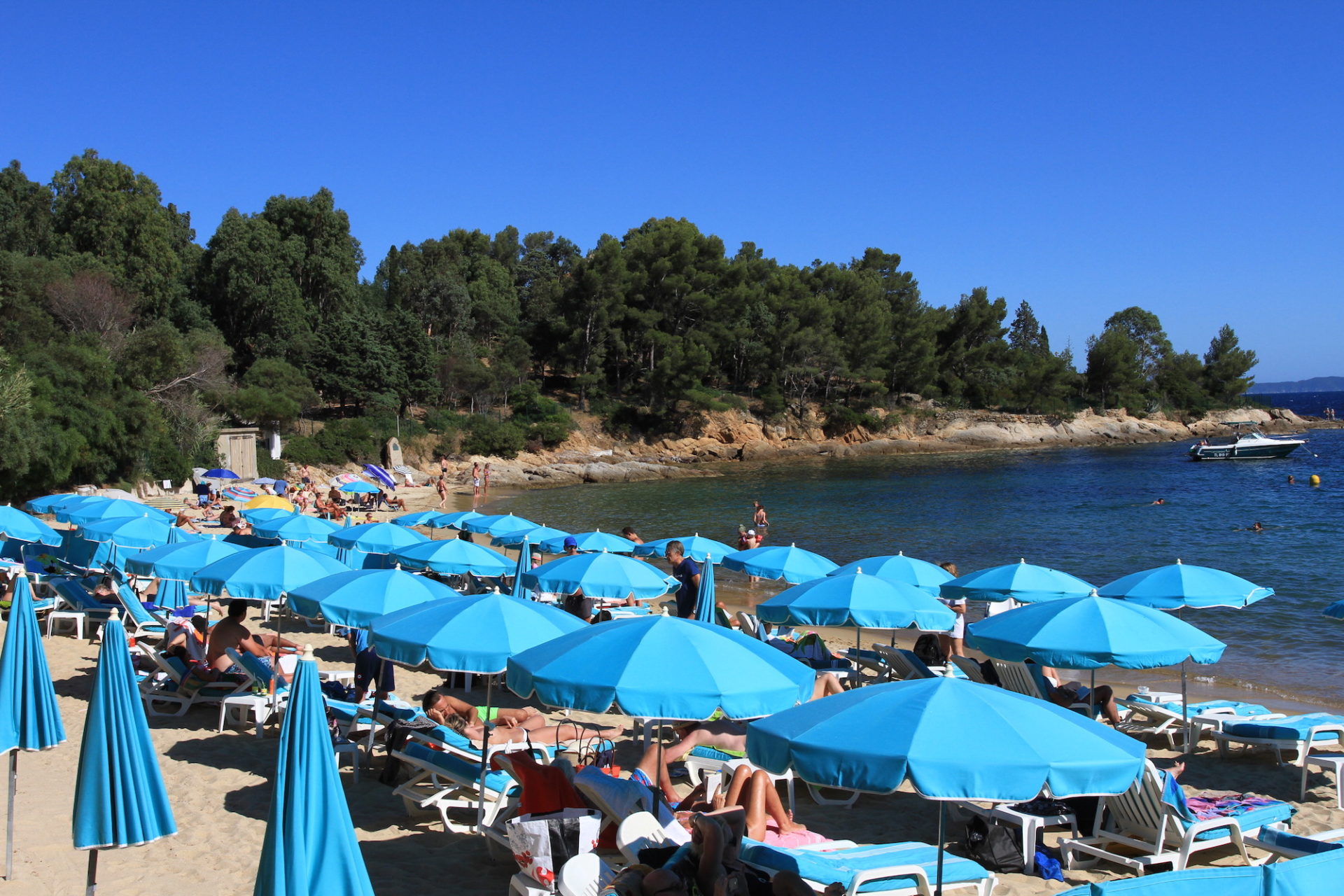In any case, this is the wish of many beach owners like René Colomban, president of the National Federation of Beach-Restaurants (FNPR) and Blue Beach in Nice. He has been fighting for years to amend the “Beach Decree” of 2006, which is difficult to apply to the specificities of the Côte d’Azur and the Mediterranean coast.
First, let’s recall the terms of this famous decree that has been causing so much agitation among beach operators since 2006. It further limits the portion of the coastline that can be leased, thus becoming private beaches in most cases. Previously, the limitation required 30% of natural sites and 70% of artificial beaches; this new restriction reduced these percentages to 20 and 50. And not just in linear terms, but also in area, per municipality and per beach. A juxtaposition of criteria, four in total, to calculate the 20%.
“What do we do to find out who leaves? Do we draw straws?”
René Colomban details the possible application of this decree on the ground:
“In Nice, this would mean telling each operator that they will lose 15 meters of beach and 80 mattresses. But it’s also about fifty jobs that would have to be cut. In Cannes, it would be 3 or 4 beaches that would be called to disappear, not just small huts, real institutions that have been established, recognized places of life! What do we do to find out who leaves? Do we draw straws?”
This is a topic that has come up insistently for a few seasons on the Côte d’Azur, how to apply stricto sensu the “Beach Decree” when it would result in “the loss of 2000 direct jobs between Menton and Cap d’Agde alone, not to mention the demolitions of structures and layoffs of staff!” according to René Colomban.
Rather than making a decree that could be adapted locally or that would leave the organization of beaches to metropolitan areas, more aware of local specificities for example, a few rare exemptions have been granted to address the incompatibilities of the text. A situation that is hardly livable for French beach professionals, especially on the Mediterranean coast.
“Here, it’s not possible”
“The beaches are very large on the Atlantic coast, with more area, they are also less touristic and therefore accommodate fewer people, it doesn’t change their organization much, here it’s not possible,” adds René Colomban.
“We simply asked to change the ‘and’ to ‘or’ for the 4 criteria that calculate the occupied space, so that we would really occupy the 20% because in some places we are at 10, 15%..”
To raise awareness among the population and customers about this issue that can directly affect them, operations will be launched in the summer, “don’t worry, we won’t block the beaches,” René jokingly says, “in fact, we are not against this decree. It was simply made without consultation and against common sense; what we are asked to do today is absurd!”
Many establishments in danger during the renewal of their concession
This is when the new legislation applies, and it happens to many restaurants and private beaches on the Côte d’Azur, hence the commotion on this matter. The UMIH (Union of Hotel Trades and Industries) has also joined the FNPR ranks to defend their trades, which are intrinsically linked.
“We are also asked to dismantle our installations at the end of each season, but imagine if we close for three months a year, it takes a month to dismantle, we need to bring ten semitrailers, find a place to store, and the same for reassembly, it’s the same mess. I’m not even talking about the carbon footprint that would result from such operations. No, it must be done at each concession but not each season, let’s be serious..”
Requests for amendments and corrections to this decree are still pending, hopefully, current events will lead them to be reviewed more quickly so that this situation ends. Leaving things as they are at the risk of being illegal or restarting a public service delegation despite the risk of nullification that the proposed changes entail, a difficult choice..


